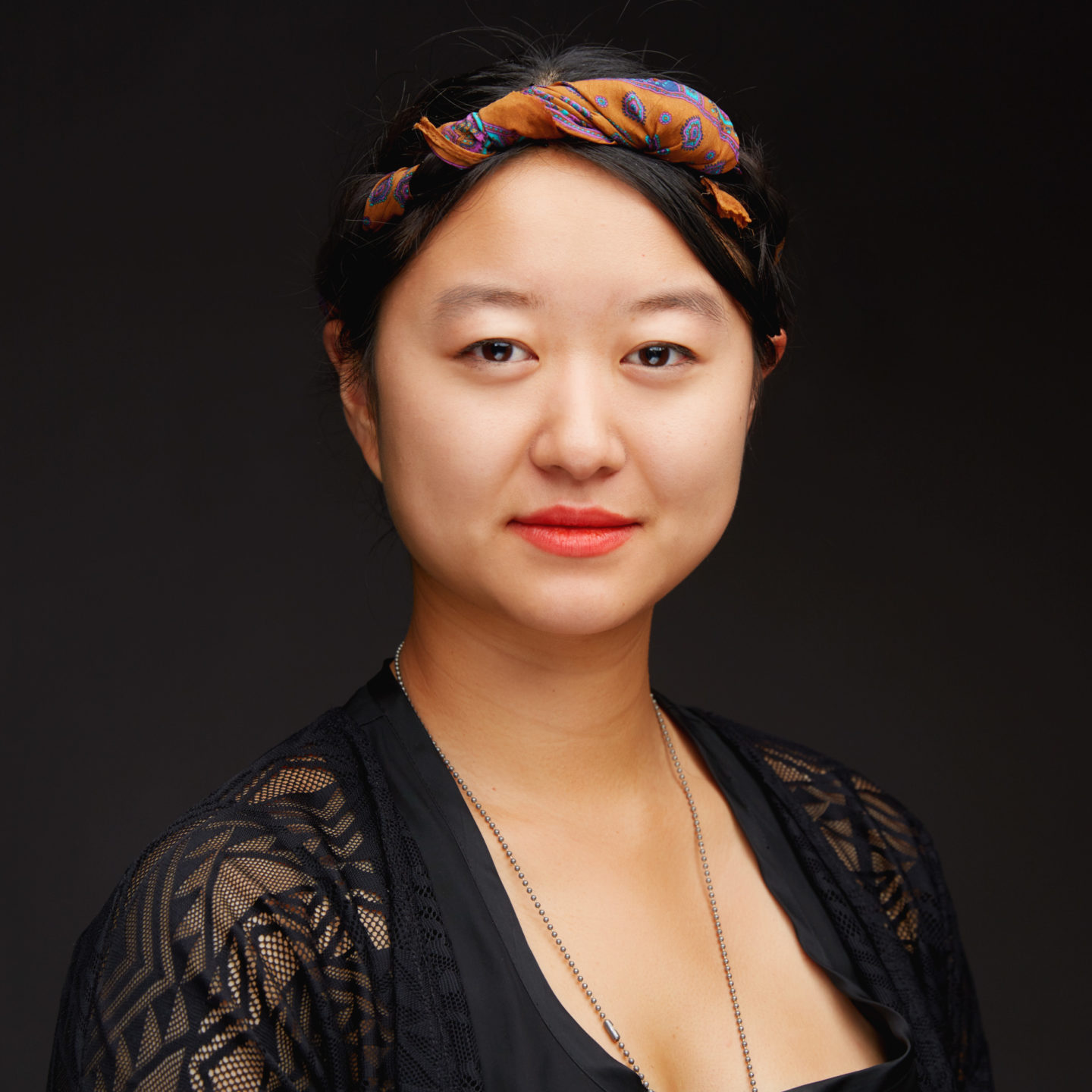by MAIRA GARCIA
In the opening scenes of “A Town Called Victoria,” we see an aerial view of green pastures dotted with the occasional house. A couple of Brahman cows stand in a field before it cuts to the Texas town’s historic downtown.
This idyllic town was forever altered when it became the center of national attention on Jan. 28, 2017, after a fire broke out at a mosque — the only one for about 100 miles around. The Victoria Islamic Center was founded in 1984, and the blackened frame was what remained, its interior turned to ash. The fire came hours after then-President Trump signed an executive order banning the entry to the U.S. of people from seven majority-Muslim countries.
The timing of the fire turned out to be no coincidence. Investigators determined it was arson, and Marq Vincent Perez, a Victoria resident who was 24 at the time, was charged with setting the blaze, which federal authorities deemed a hate crime.

At the federal trial, a confidential informant told the jury that he was at the mosque with Perez, and photos Perez took at the scene, along with social media messages where he denigrated Muslims and communicated with a leader of the anti-government militia group Three Percenters, were entered as evidence. Perez was convicted of the arson and the hate crime and is currently serving a prison sentence of more than 24 years.
But “A Town Called Victoria” isn’t just about the crime. The three-part PBS docuseries, premiering Monday, tells the story of the people affected, how the community responded and how the mosque was rebuilt. It also provides historical context about the racism and xenophobia that permeate the region to this day. The documentary follows the leaders of the mosque — Abe Ajrami, Omar Rachid and founder Dr. Shahid Hashmi — as well as other figures in the community. Also interviewed are Perez’s parents, who maintain their son’s innocence.
Director Li Lu (“The Resident,” “Echoes”) grew up in Sugar Land, a Houston suburb, and she remembers first reading about the fire on social media from posts shared by longtime friends, shortly after it happened. “Some classmates … knew people very intimately that went to that mosque,” she said.

For as big as Texas is, there is an intimacy to its smaller communities. I was born in Victoria, and my family lived there until I was about 7, when we moved to a nearby town. But I was a frequent visitor, not only because my extended family lived there but also because it’s the economic center of the region. It’s home to several chemical and industrial plants, two hospitals, a couple of colleges (I took summer classes at one) and the area’s only shopping mall. And despite the change and growth over the decades, Victoria manages to maintain the feeling of a small town.
Los Angeles Times for more
(Thanks to reader)
